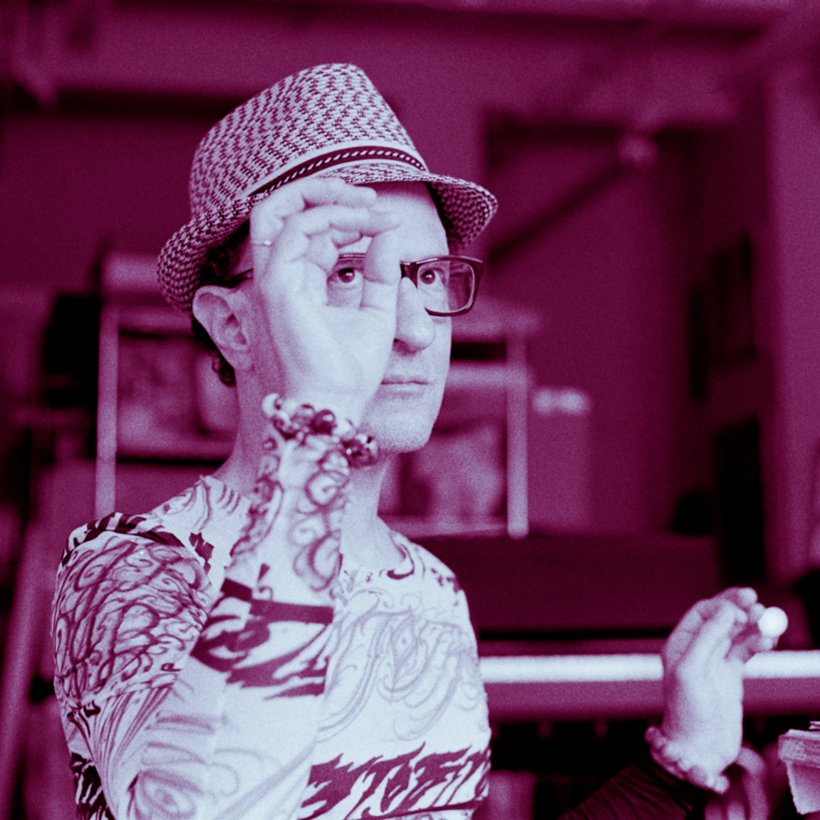“The magazines would say I’m fascinated by celebrity, but you and I know I’m fascinated by luminousness and exemplarity, by self-fashioned lives.” The poet, critic, and novelist Wayne Koestenbaum has an impish, beguiling habit of making you feel like an intellectual conspirator. “You and I know”—don’t we just, even in the brief confederacy of an afternoon Zoom call.
Koestenbaum arrives swiftly at a conversation’s key term, the secret word that will unlock all. The word “luminousness”—somehow less uptight, more embodied than “luminosity”—aptly describes his new poetry collection, Stubble Archipelago. In 36 sonnets he stages various scenes of eccentric noticing, furtive public desire, shameless name-dropping, verbal confusion, and outright admiration for more or less famous bodies and minds. So many shining facets to a Koestenbaum poem—it glints, it shimmers, it scintillates.

